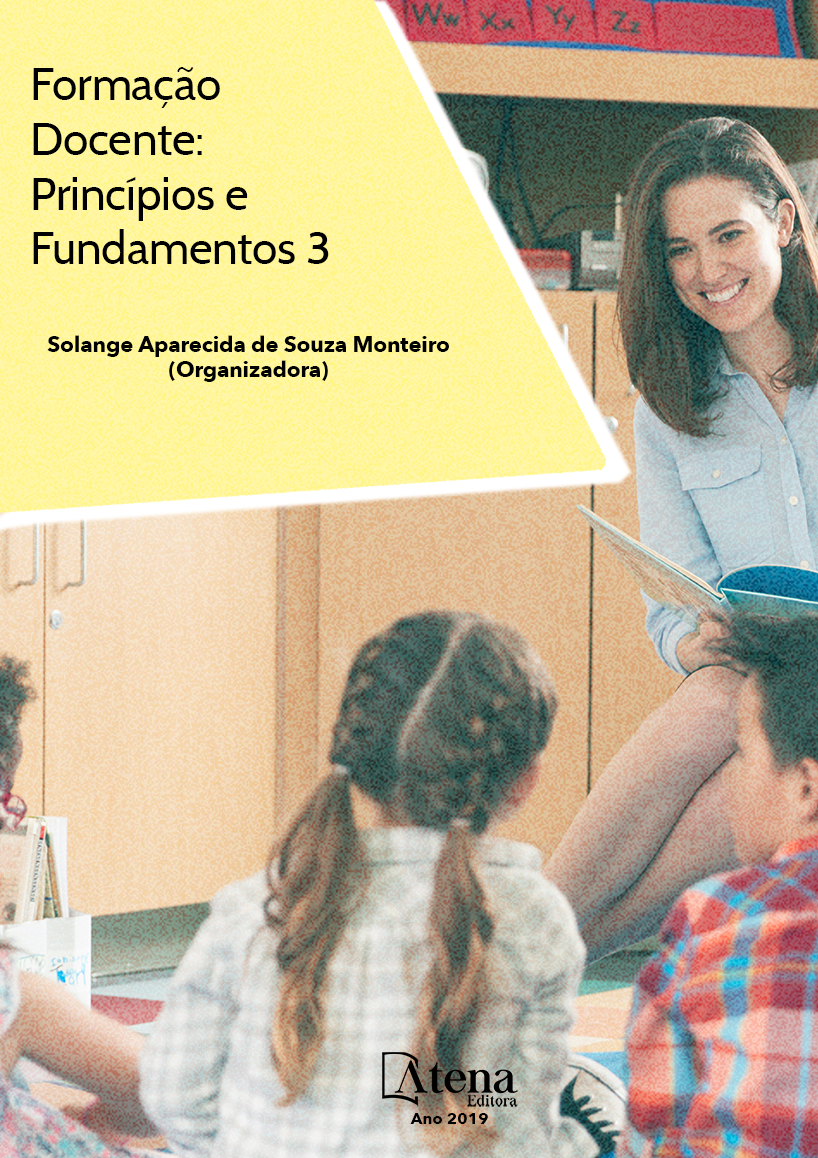
FONTES DE CONSTITUIÇÃO DAS CRENÇAS DE AUTOEFICÁCIA DOCENTE DE PÓS-GRADUANDOS EM ENGENHARIA
Síntese de pesquisa de mestrado
realizada com o objetivo de identificar as fontes
de constituição das crenças de autoeficácia
docentede pós-graduandos em Engenharia.
Utilizou-se um questionário sociodemográfico, a
Escala de Autoeficácia do Professor e da Escala
de Fontes de Autoeficácia Docente. Teve-se
como participantes 340 pós-graduandos de
instituições públicas do Sul e Sudeste do Brasil.
Encontrou-se que as fontes de informação
mais influentes foram a “Persuasão social”,
as “Experiências diretas” e as “Experiências
vicárias”, as quais influenciaram positivamente
as crenças dos pós-graduandos. Dentre as
variáveis pessoais, destacou-se o gênero no que
se refere à dimensão “Experiências vicárias”, o
que implica na necessidade de se discutir os
modelos femininos aos quais as participantes
estão expostas. Os resultados poderão orientar
estudos futuros que se proponham a delinear
processos formativos para professores de
ensino superior que considerem a importância
de suas crenças em sua atuação.
FONTES DE CONSTITUIÇÃO DAS CRENÇAS DE AUTOEFICÁCIA DOCENTE DE PÓS-GRADUANDOS EM ENGENHARIA
-
DOI: 10.22533/at.ed.70519300525
-
Palavras-chave: Autoeficácia. PósGraduação. Engenharia.
-
Keywords: Self-efficacy. Postgraduate studies. Engineering.
-
Abstract:
Synthesis of a master’s research
carried out with the objective of identifying
the sources of constitution of the teachers’
self-efficacy beliefs of graduated students in
Engineering. A sociodemographic questionnaire
was used, the Teacher Self-Efficacy Scale and
the Sources of Teacher Self-efficacy Scale. 340
postgraduate students from public institutions in
the South and Southeast of Brazil participated.
It was found that the most influential sources
of information were “Social Persuasion”,
“ MasteryExperiences” and “Vicarious
Experiences”, which positively influenced
the beliefs of graduate students. Among the
personal variables, the gender in the dimension
“vicarious experiences” was highlighted, which
implies the need to discuss the female models
to which the participants are exposed. The
results may guide future studies that propose to
outline formative processes for higher education
teachers that consider the importance of their
beliefs in their performance.
-
Número de páginas: 15
- Roberto Tadeu Iaochite
- Mayara da Mota Matos


